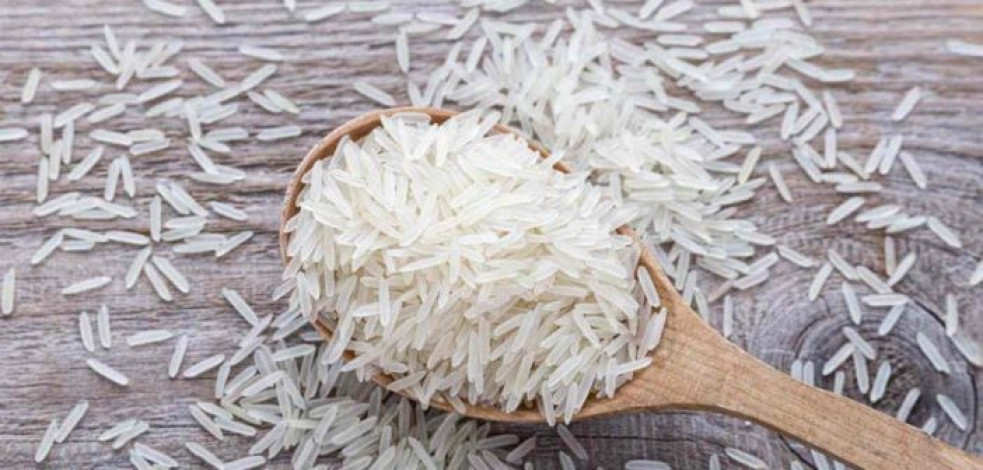
File Photo
Australia rejected granting GI tag on the grounds that basmati rice is not grown only in India. Australia has rejected India’s application to grant a geographical indication (GI) tag for basmati rice on the grounds that it is not grown only in India.
Indian filed the application in February 2019 for Basmati's name and logo.
“Australia has rejected our application for GI,” said M Angamuthu, Chairman, of the Agricultural and Processed Food Products Export Development Authority (APEDA).
“We have already filed an appeal. An appeal has been filed before the Federal Court of Australia on February 1, 2023, against Basmtai's name,” he said.
“Australia contends that rice growers outside of India have an equally valid claim to use the term, Basmati. The interpretation of the reputation of GI products by Australian authorities is the think of the new world,” said S Chandrasekaran, an expert in GI and author of “Basmati Rice: The Natural History Geographical Indication”.
Ongoing process
APEDA is the authority that promotes exports and takes care of GI registration for Indian products abroad.
“It is (GI registration) an ongoing process and we will appeal again. This will not have any impact on our trade as such,” the APEDA Chairman said.
“I think India has not explained its point correctly. It is a product that is grown only in North India and Pakistan. It will be corrected,” said Vijay Setia, former president of All India Rice Exporters Association and Director, of Chaman Lal Setia Exports Ltd.
Australia imports about 50,000 tonnes of basmati annually with shipments of 35,112 tonnes valued at ₹351.78 crore during the April-December period of the current fiscal.
Basmati pronounced is a variety of long, slender-grained aromatic rice which is traditionally grown in India, Pakistan, Indonesia, Sri Lanka and Nepal. As of 2019, India accounted for 65% of the international trade in basmati rice, while Pakistan accounted for the remaining 35%. Many countries use domestically grown basmati rice crops; however, basmati is geographically exclusive to certain districts of India and Pakistan.
According to the Indian Government agency APEDA, a rice variety is eligible to be called basmati if it has a minimum average precooked milled rice length of 6.61 mm (0.260 in) and an average precooked milled rice breadth of up to 2 mm (0.079 in), among other parameters.
Source:
Online/GFMM
Comment Now